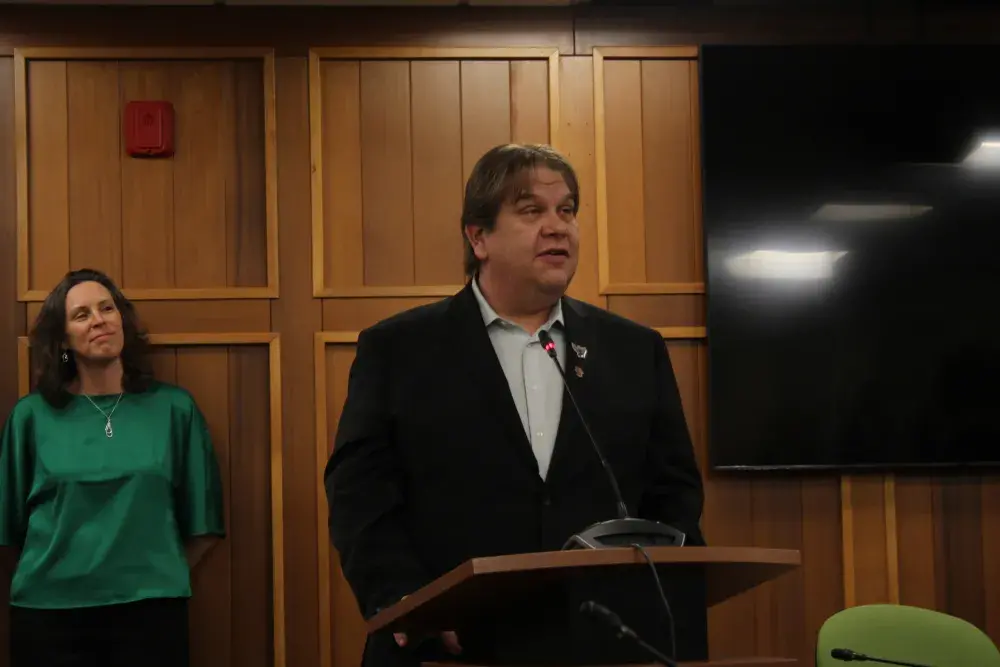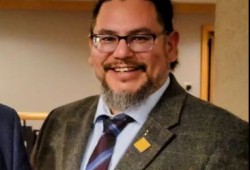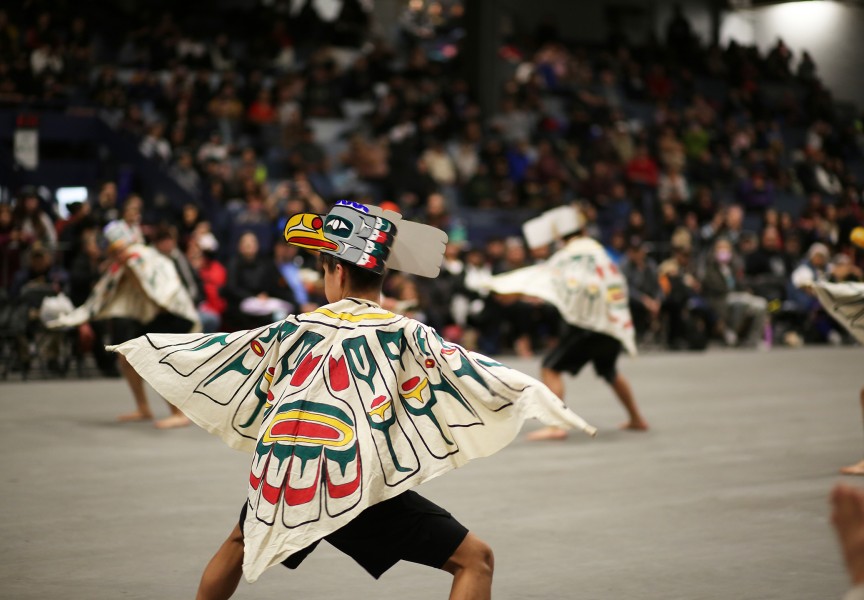Substantial resources are coming from the province to support the land and resource management of modern treaty First Nations.
The new fiscal relationship between B.C. and modern treaty nations involves a co-developed funding model of about $1 million per First Nation per year for three years, which enables capacity treaty implementation work, according to the Ministry of Indigenous Relations and Reconciliation.
Huu-ay-aht Chief Councillor John Jack says the Shared Priorities Framework, which the Alliance of BC Modern Treaties signed in March 2022 with the province, will help his First Nation “unlock the value in our lands and resources for generations to come.”
“We will be able to develop our economies in a way that works with our core values as Huu-ay-aht, as well as meet the needs of the globalized economy to aid in the competitiveness of not only our territory, but the province as a whole,” said Chief Jack in a July 4 media release.
In August 2022, Huu-ay-aht First Nations and Western Forest Products Inc. unveiled a shared vision and path forward for C’awak ʔqin Forestry, which manages Tree Farm Licence 44. The new name means “we are one” in Nuu-chah-nulth. Huu-ay-aht has drawn down its law-making authority to enact Huu-ay-aht laws, notes the BC Treaty Commission 2023 Annual Report.
B.C.’s Budget 2024 also contains a three-year fiscal plan that introduces legislation to establish a First Nations Equity Financing (FNEF) special account. Subject to the approval of the Legislative Assembly, the legislation provides the FNEF special account with a $10 million inaugural balance to help support immediate capacity needs for those First Nations actively considering equity participation in priority projects — where there is shared interest and readiness with the province.
Self-determine property taxation
The new fiscal relationship in land and resource governance also includes autonomy around property taxation. Under the new property tax approach, which takes effect Jan. 1, 2025, each modern treaty nation will have the ability to develop and implement a property tax regime that works for them.
“Together with new property tax agreements, the amendments will give wide latitude to our governments to self-determine our property tax systems on treaty lands, including whether to tax at all,” said Uchuckleshaht Tribe Chief Councillor Wilfred Cootes in the media release.
“The flexibility of the new approach acknowledges that each of our governments is unique and is facing unique circumstances. This is a good example of how our governments can work together in partnership, while also allowing space for self-determination,” he continued.
Prior to the new property tax agreement with the province, Toquaht Nation citizens living in the oceanfront community of Macoah, for example, had their properties valued via BC Assessments, but are currently exempt from paying property taxes. By entering the New Real Property Tax Agreement with the province, modern treaty nations will self-determine how to exercise their own property tax and assessment laws and policies on their treaty lands.
“Taxation is one of the main focal points of governance, supporting housing, programs, and services,” states Charles McCarthy, Yuułuʔiłʔatḥ Government president (Ucluelet First Nation). “Allowing flexibility to appropriately work out the logistics on one of the major building blocks for a self-governing nation, with the most potential impact to citizens, is a priority.”
The Alliance of BC Modern Treaties was formed in July 2018 by Tla’amin Nation, Tsawwassen First Nation and the Maa-nulth treaty nations, which include Huu-ay-aht First Nations, Ka:’yu:’k’t’h’/Chek’tles7et’h’ First Nations, Toquaht Nation, Uchucklesaht Tribe, and Yuułuʔiłʔatḥ Government. The Nisga’a Nation joined the Alliance in 2019. According to the BC Treaty Commission, there are currently 30 First Nations in the province actively negotiating modern treaties with Canada and British Columbia.
“By working together, we are creating new pathways for modern treaty nations to meaningfully exercise their rights and responsibilities to care for their people and the land,” said Premier David Eby in the media release. “A new co-developed funding model will support greater capacity for modern treaty nations, which will help provide greater certainty on decisions that benefit communities and the economy.”








